I know how much our furry little friends mean to us. We want nothing but the very best for them – and that includes a long and healthy life.
Experts say that the average lifespan of a Siamese cat is around 15 years. But, with proper care and attention, they can live even longer! Who wouldn’t want more precious years with their beloved feline friend?
I’m a proud Siamese cat owner. I’ve learned a lot about how to help these beautiful creatures live their best lives possible. That’s why I’m excited to share my tips on increasing your Siamese cat’s lifespan.
Let’s explore the various ways we can help increase the lifespan of your Siamese cat!
Can Siamese Cats Live for 20 Years?
Yes, Siamese Cats can live for 20 years or more.
Let’s examine the factors that can influence your Siamese cat’s lifespan.
- Let’s start with genetics. Siamese cats have a longer lifespan than some other breeds, with an average lifespan of 15 to 20 years. Much of this depends on their genetics, passed down from their parents.
Siamese cats have their own genetic predispositions that affect their lifespans. Some may have a higher risk of developing specific health issues, while others may not.
However, it’s important to note that genetics is only one piece of the puzzle.
- Another significant factor that can influence your cat’s lifespan is its diet. Feeding your Siamese cat high-quality food can improve its health and longevity.
A well-balanced diet ensures your furry friend gets the nutrients they need to thrive.
- Exercise is another crucial aspect of your cat’s life. Yes, even cats need exercise!
Regular exercise helps keep them healthy, happy, and active. It also helps reduce the risk of obesity and other associated health problems.
You must ensure your cat gets enough exercise and playtime daily as a pet owner.
How Can I Increase My Siamese Cat’s Lifespan?
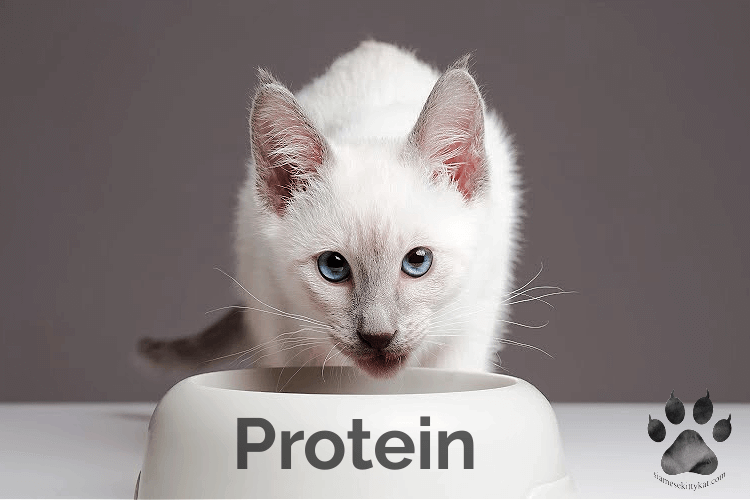
Here are things you can do to further increase your Siamese cat’s lifespan:
1. First, nutrition is vital.
Your Siamese cat needs a diet high in protein to maintain their lean and muscular physique. Check the labels on your cat’s food to ensure it’s protein-rich. Make sure it doesn’t contain unhealthy additives or fillers.
You can make homemade cat food to ensure your kitty gets the best possible nutrition.
Wet food is also an excellent choice, since Siamese cats are prone to urinary tract issues. Wet food also tends to be more palatable to cats. This encourages them to eat more and maintain a healthy weight.
You can consult your vet to determine the best food options for your cat’s dietary needs.
2. Exercise and mental stimulation are also crucial for a Siamese cat’s lifespan.
These cats are active and playful, so they need opportunities to play and move around.
Stock up on toys, and make them homemade toys to keep things interesting.
Siamese cats also love to jump, so why not provide them with a cat tree to climb on? This will help them burn off excess calories, relieve stress, and keep them in good shape.
3. Keeping up with routine veterinary checkups is essential as your cat ages.
Cats are masters at hiding their illnesses, but early detection can save their lives. Schedule annual check-ups with your vet and keep up with vaccinations and preventative care.
4. Keeping your Siamese cat indoors can help increase its lifespan.
Indoor cats are not exposed to the same risks as outdoor cats. These include animal attacks, getting hit by a car, or contracting diseases. You can give your cat a long life by providing your cat with a safe and comfortable indoor environment.
I have two beautiful Siamese cats, Batman and Robyn. I wanted to make sure they were always safe and healthy, which is why I made the decision to keep them indoors.
Keeping them inside was a great way to protect them from outside risks. I created a cozy environment full of toys and scratching posts, with plenty of places to sleep and play.
Watching Batman and Robyn grow up happy and healthy in this safe place I created for them has been amazing.
5. Shower your Siamese cat with love and affection.
They are sociable creatures that thrive on attention. Nothing makes them happier than spending time with their humans. Bonding with them can decrease their stress levels and improve their mood. This leads to a healthier, longer life as a result.
6. Make sure your Siamese cat has a comfortable and safe living space.
This means having a designated area for their litter box that’s accessible and clean. You don’t want your kitty to feel stressed or anxious due to a dirty litter box.
Having your Siamese cat’s food and water dishes in a quiet area is also best. Avoid having their feeding area in a high-traffic zone at home if possible.
It’s also good to have a cozy bed for your furry friend to sleep in, away from loud noises or disruptions.
7. Observe your Siamese cat’s behaviour and health.
Cats are experts at hiding their pain. But you know your cat’s behaviour more than anyone else. Pay attention to changes in their eating habits, litter box usage, or energy levels. It’s best to consult your vet immediately if you notice anything strange.
8. Make sure your Siamese cat is spayed or neutered.
Spaying or neutering prevents unwanted litter. It can prevent reproductive cancers and reduce the risk of behavioral problems.
We all know how curious and adventurous our feline friends can be. Spaying or neutering reduces the urge to wander and get into dangerous situations.
So, talk to your vet and schedule an appointment for your furry friend if you haven’t done it already.
9. A Regular dental routine for your Siamese cat can also increase its lifespan.
Did you know that Siamese cats are at high risk of dental disease? This can lead to other health issues you don’t want your cat to face.
You can prevent dental problems by scheduling regular dental cleanings with your vet. Dental chews and toys can also keep their teeth clean.
10. Regular grooming can keep your cat comfortable and healthy.
Grooming includes:
11. Invest in pet insurance or set up a savings account for your Siamese cat’s healthcare expenses.
Cats can get sick or injured like any other animal, and veterinary care can be expensive. You can provide the best care for your cat with insurance or savings set aside.
How Old is the Longest-Living Siamese Cat?

The oldest recorded Siamese cat lived to be 30 years old. His name was Scooter, and he was born in Texas in 1986. Guinness World Records certified him as the world’s oldest living cat in 2016. Sadly, Scooter passed away that same year.
Scooter, however, wasn’t the only cat to live a long and healthy life.
Creme Puff, a tabby cat, holds the title of the oldest cat on record, living to be 38 years and 3 years old! Imagine all the adventures and naps she must have had in her lifetime.
Additionally, a Burmese named Kataleena Lady lived to be 27 years old. A domestic shorthair named Puss lived to be 36 years old and 1 day.
It’s incredible that these cats lived such long and fulfilling lives. I’m sure they developed quite the personality and quirks over the years.
What Illness Do Siamese Cats Have?
Siamese cats can suffer from illnesses and health issues like any other cat breed.
1. Dental problems
One dental problem that Siamese cats are prone to is periodontal disease. This condition is due to plaque and bacteria buildup, which can lead to tooth decay and loss.
You must pay attention to the signs of dental problems in your beloved pet. Some symptoms of periodontal disease include bad breath, bleeding gums, swelling or redness in the mouth, and difficulty eating.
Periodontal disease can cause a lot of pain to your furry friend if untreated. That’s why scheduling regular dental check-ups with your veterinarian is essential.
Your vet will examine your pet’s teeth and gums, clean their teeth, and advise you on proper dental care at home. This could include brushing your cat’s teeth, using dental treats or chews, and providing a balanced diet.
2. Obesity
Siamese cats can gain weight if they don’t get enough exercise or eat an unhealthy diet. It can lead to many problems, including heart disease, diabetes, and joint issues.
That’s why giving your furry friend plenty of exercise and a balanced diet is imperative to prevent excess weight gain.
3. Kidney disease
Kidney disease is when the kidneys lose their ability to filter waste from the blood. This illness can occur in cats of any age but is more common in older felines.
What causes kidney disease in Siamese cats? Genetics play a significant role in their susceptibility to this condition. Environmental factors such as exposure to toxins or a poor diet may contribute to this illness.
How do you know if your Siamese kitty has kidney disease? Symptoms include increased thirst and urination, vomiting, and weight loss.
Unfortunately, these symptoms are not specific to kidney disease
alone and may indicate other illnesses. That’s why it’s vital to consult your veterinarian for an accurate diagnosis.
The good news is that early detection can make a significant difference in treatment. Regular check-ups with a vet can help spot kidney disease early.
4. Feline asthma
Have you noticed your Siamese cat wheezing, coughing, or having difficulty breathing? It might be feline asthma. This illness causes lung inflammation, making breathing harder for your cat.
Cats may also experience sneezing, lethargy, and loss of appetite. Feline asthma has no cure, but treatments are available to help manage symptoms.
Your veterinarian may prescribe medications to help control asthma symptoms.
Another way to help manage asthma symptoms in cats is through environmental changes. You may reduce the frequency of asthma
attacks by reducing airborne irritants in your cat’s surroundings.
This means avoiding cigarette smoke, scented candles, air fresheners, and other strong odors. You should keep your home clean and free of dust, pollen, and other allergens.
5. Eye problems
One common ailment that Siamese cats may experience is glaucoma. This is a condition where there is an increase in the pressure in the eye. This can lead to blindness if left untreated.
Keep an eye out for your cat’s behavior when they have glaucoma. Are they rubbing their eyes or pawing at the area more frequently than usual? Do they seem to be frequently bumping into things they usually wouldn’t?
These are possible indicators that your Siamese cat is experiencing glaucoma.
Siamese cats may likewise be predisposed to progressive retinal atrophy. This degenerative disease affects the retina, eventually leading to blindness.
Note that this illness can be genetic. Be sure to ask about the health history of their parents when planning on adopting a Siamese kittens.
6. Skin allergies
Skin allergies and dermatitis are common in Siamese cats. These can cause them to itch, shed hair, and experience redness on their skin. Take note that parasites, pollen and dust mites can trigger their allergies.
You’ll want to check your furry friend’s skin condition by feeding them a high-quality diet. You should also keep them clean and well-groomed. Regular baths and brushing can help remove potential allergens.
I hope these tips on how to increase the lifespan of your Siamese cat have been helpful to you! You have a huge responsibility to ensure that your furry friend is healthy, happy, and well-taken care of.
Following these guidelines ensures that your Siamese cat lives a long and fulfilling life . Remember that proper nutrition, regular veterinary check-ups, and love and attention are crucial to increasing your cat’s lifespan.
Want to adopt a Siamese cat? Here’s everything you need to know about adopting this unique feline breed: Siamese Cat Rescue and Adoption.
We gathered all the health tips tailored toward maintaining your Siamese cat’s optimal well-being. Check it out here: Siamese Cat Health: A Complete Guide



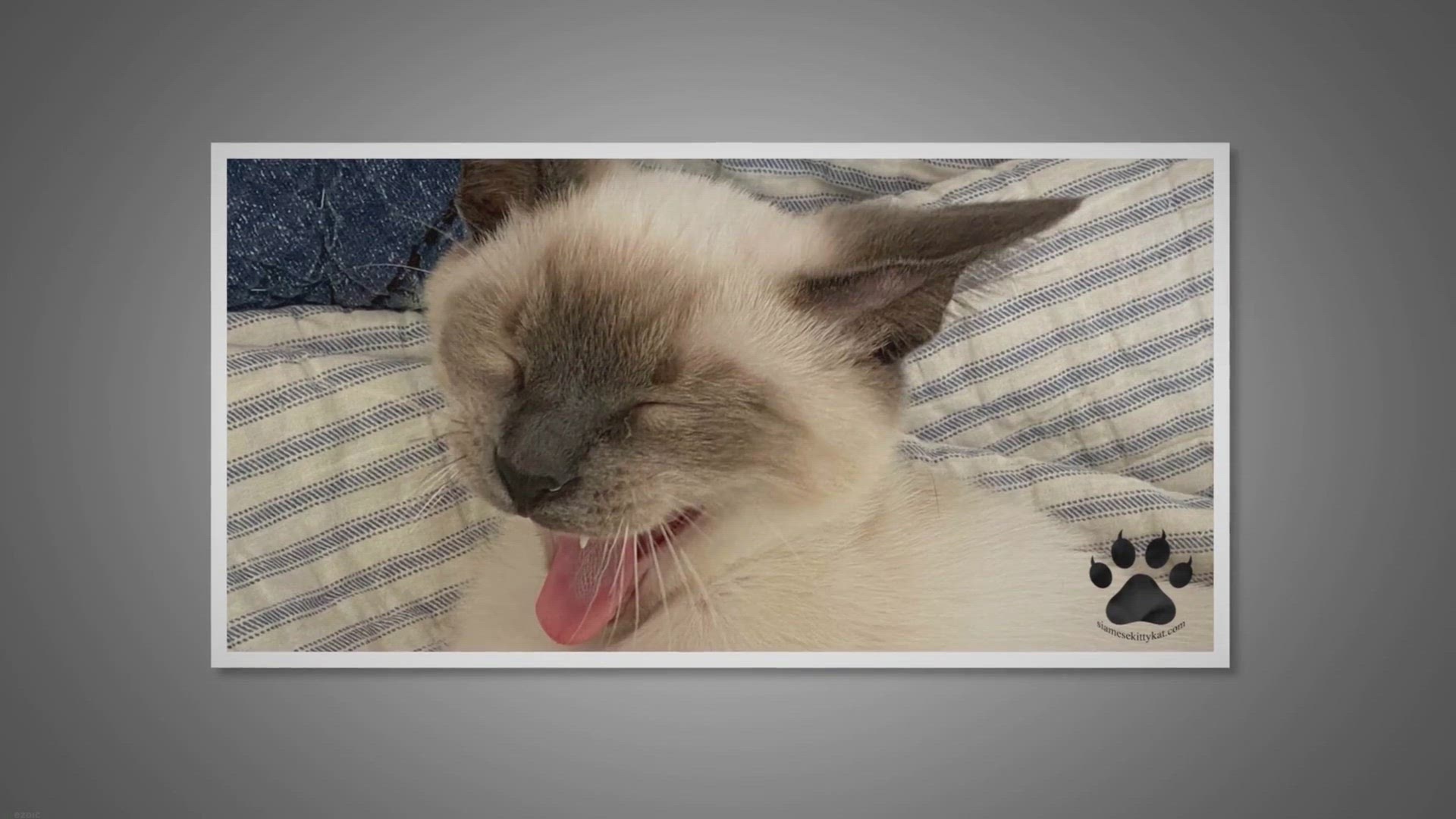
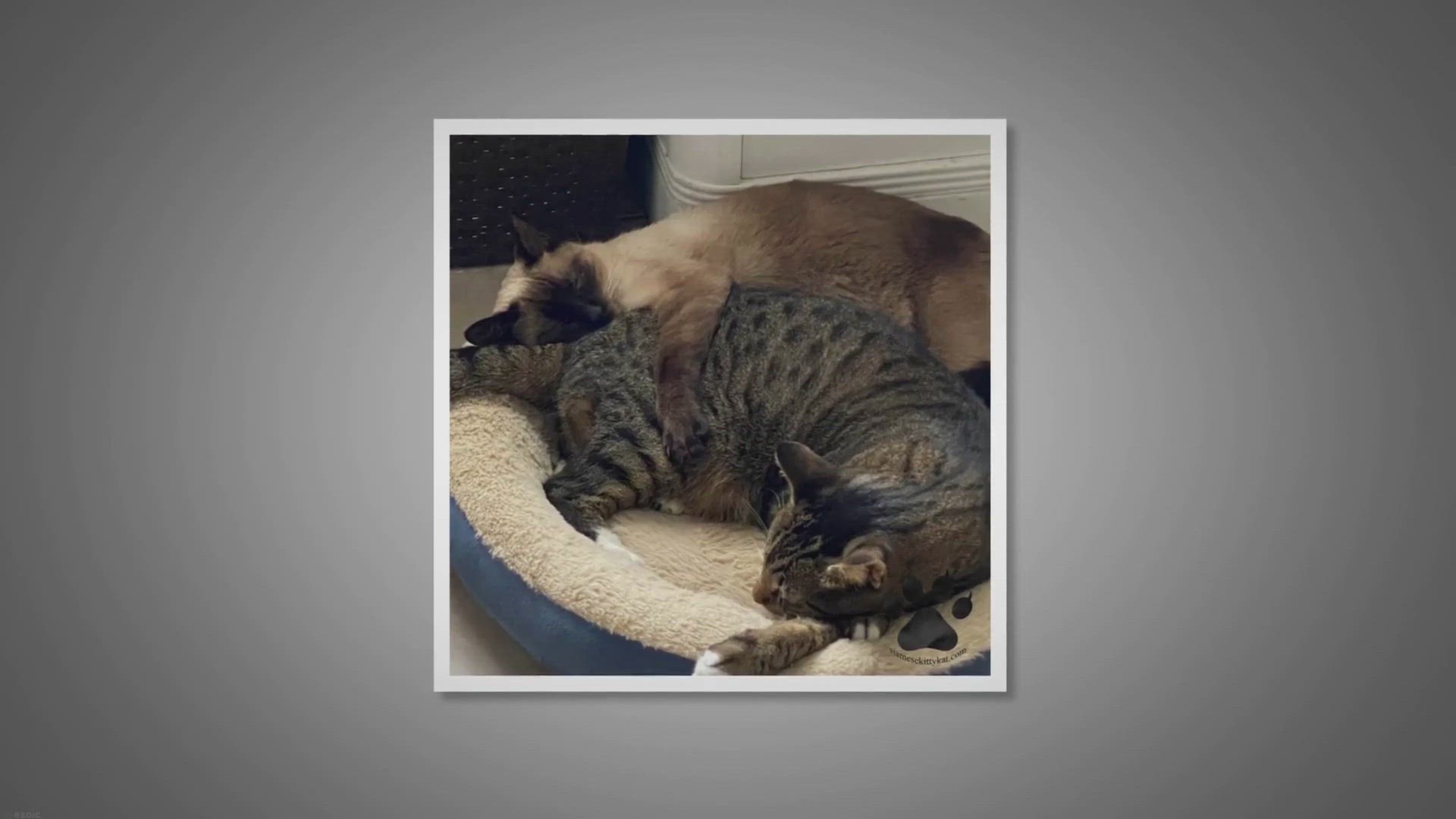
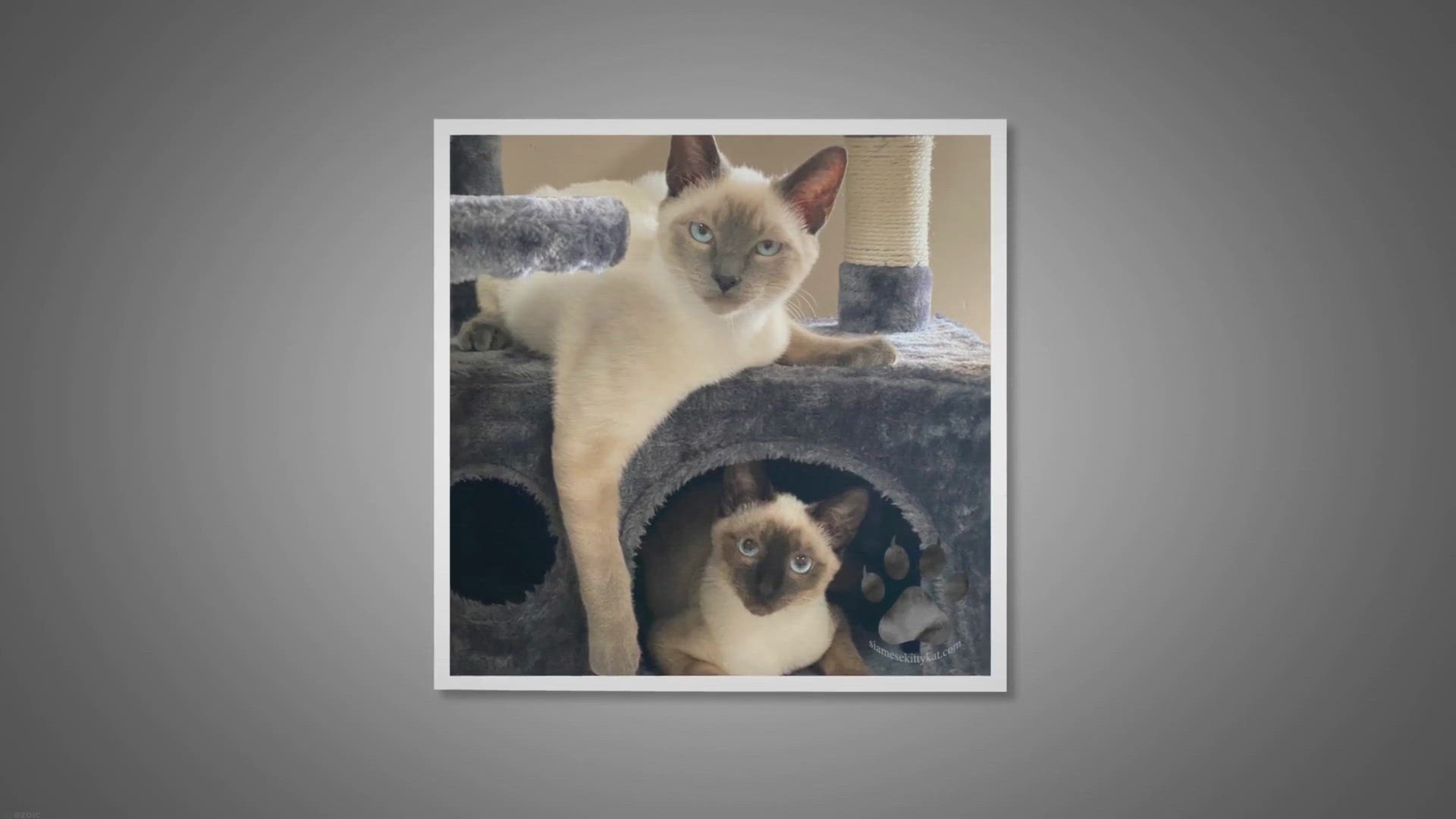
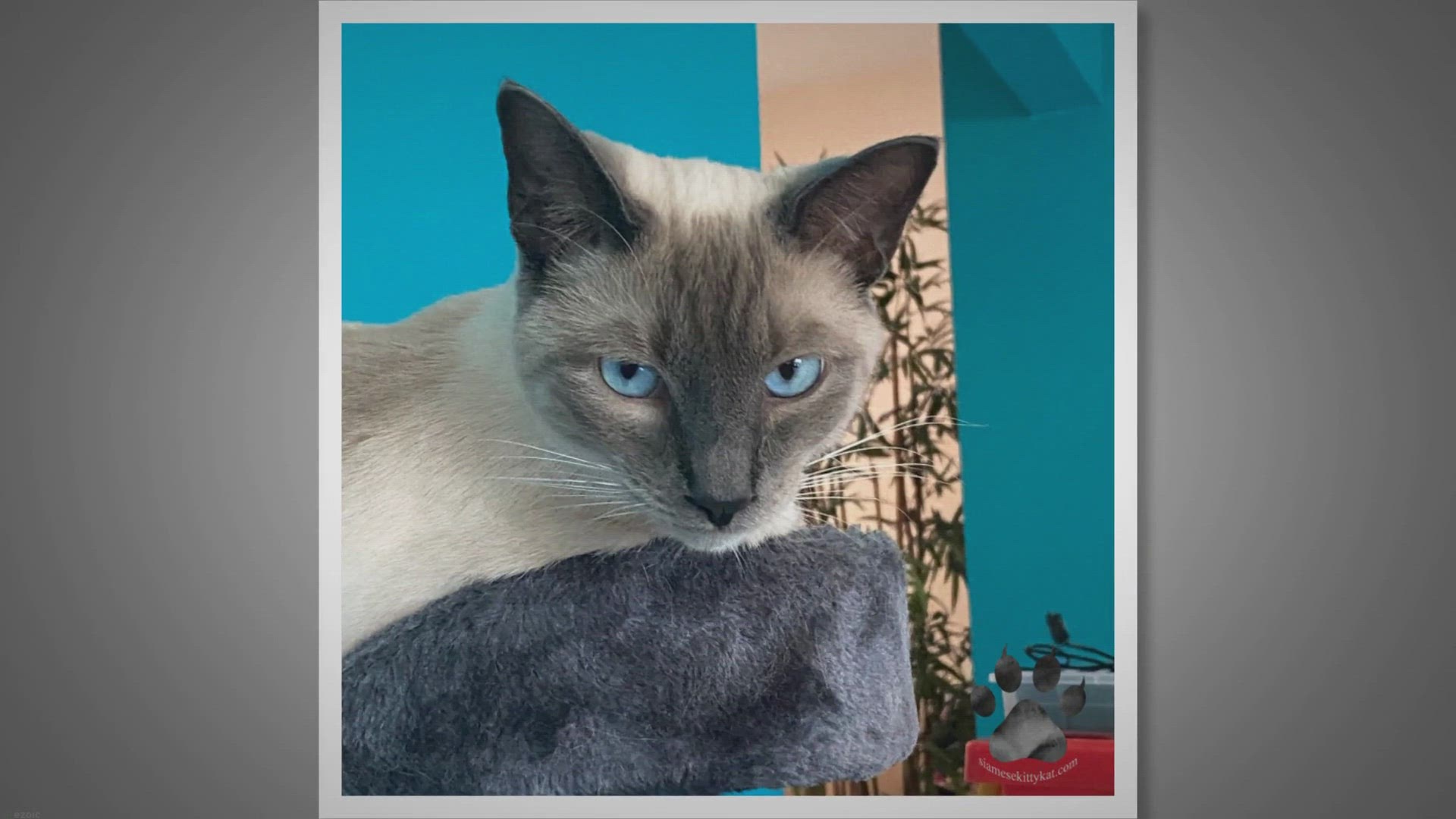
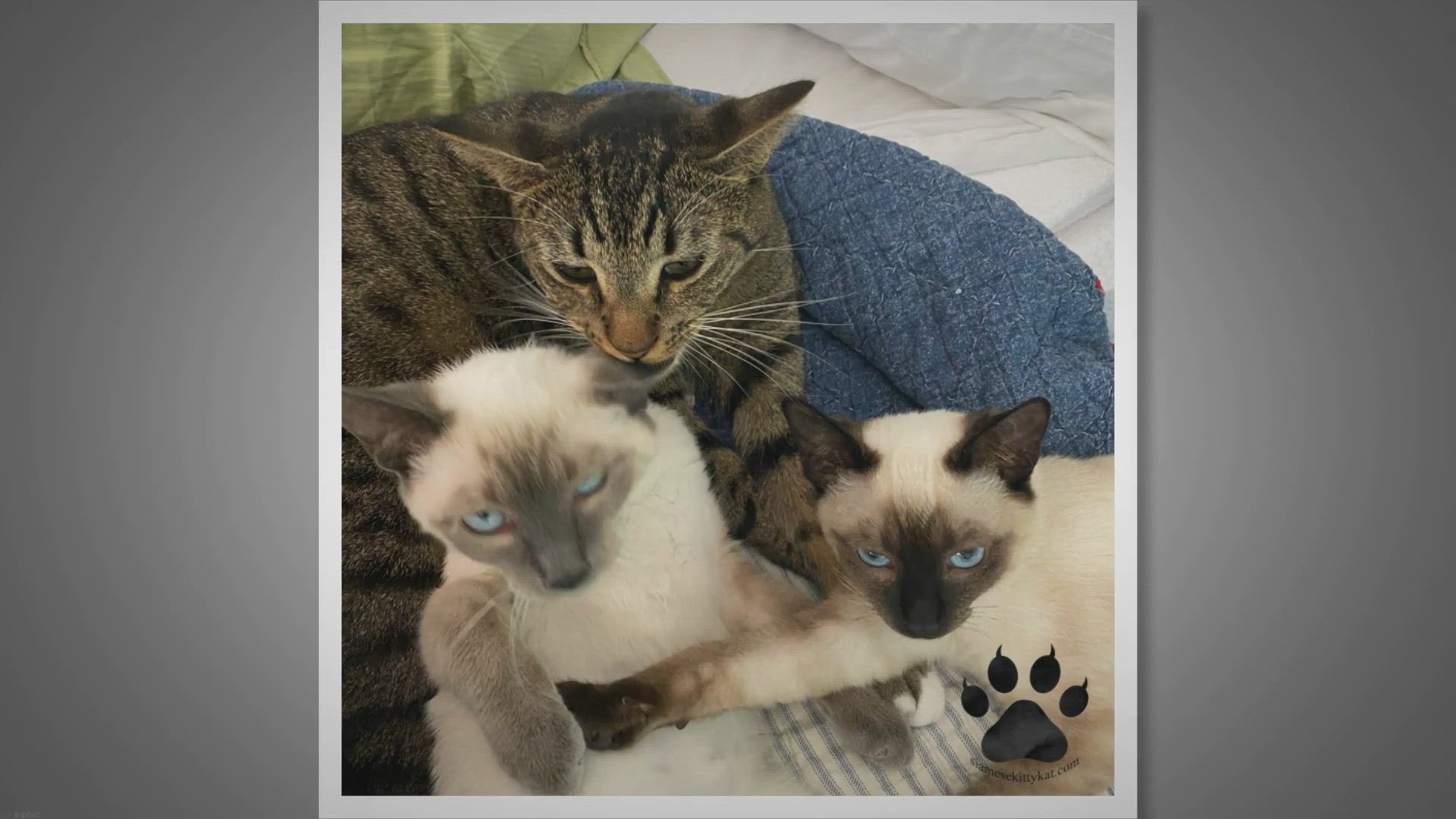


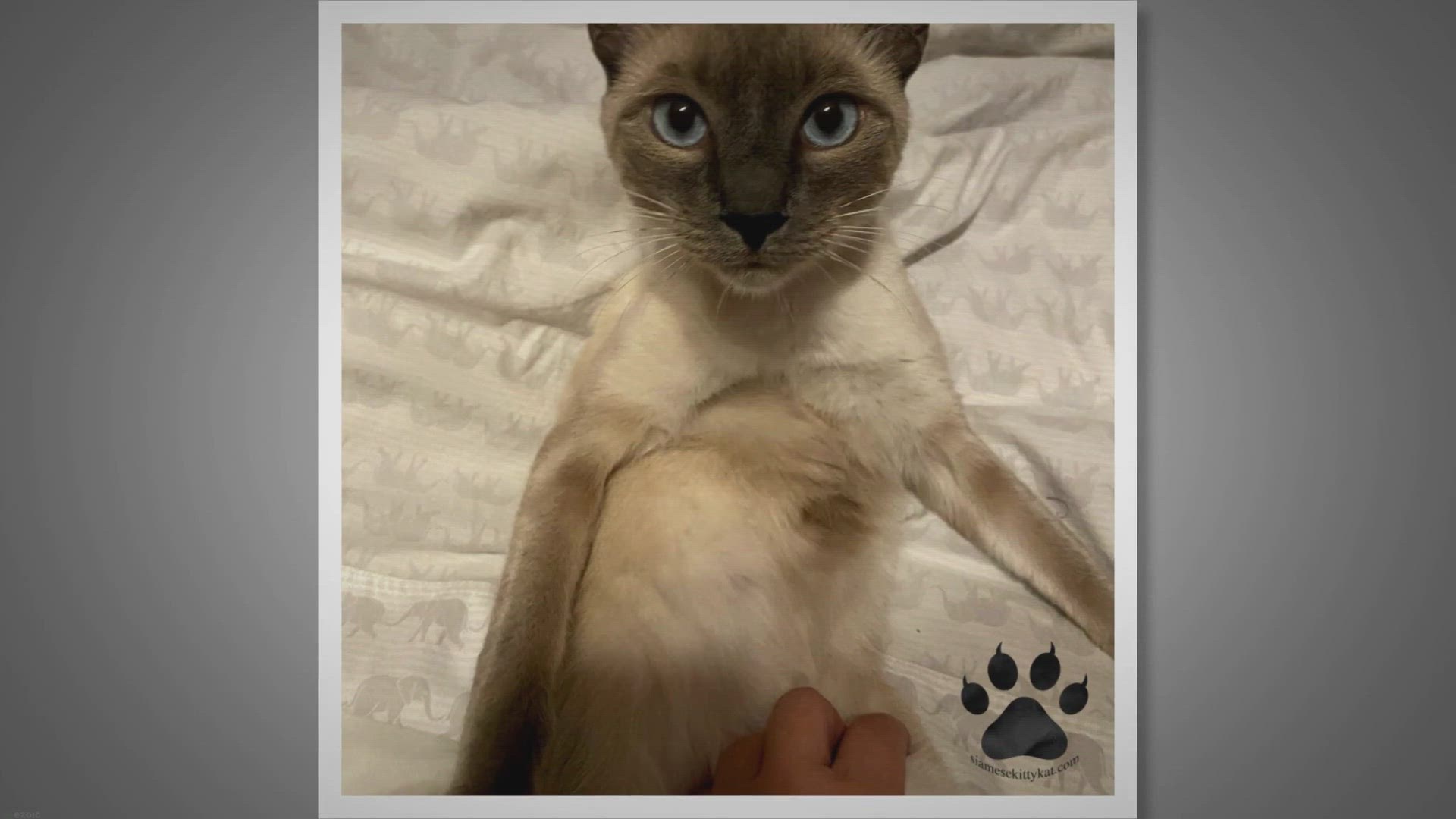
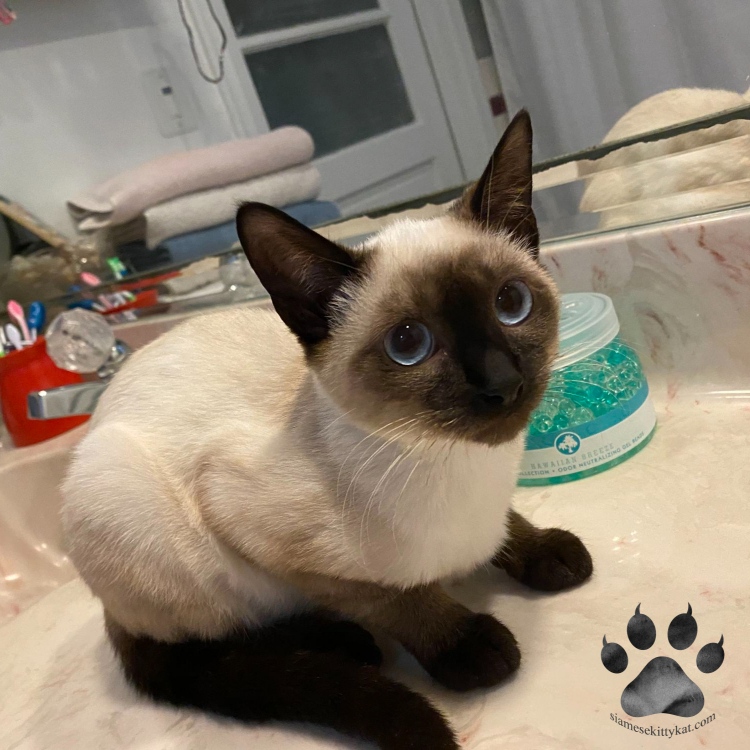
 Affiliate Link Notice
Affiliate Link Notice